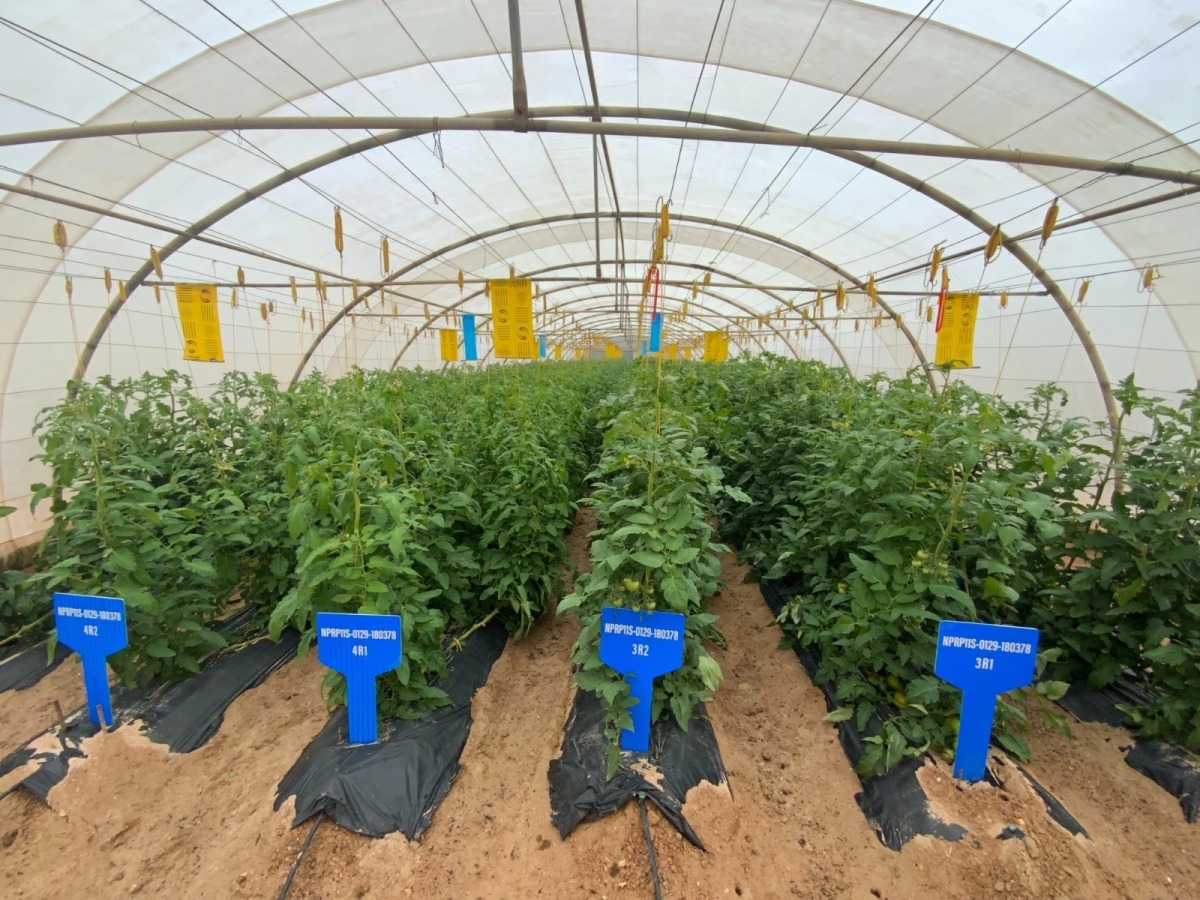Doha, Qatar is taking significant steps towards achieving self-sufficiency in fresh food production by focusing on research projects aimed at finding vegetable species that can thrive in the local climate while delivering higher quality and quantity. The Agricultural Research Department at the Ministry of Municipality (MoM) has seen promising results in its projects, with plants showing high productivity in the early stages. For example, sweet corn plants have yielded over four fruits in some cases, along with beans and tomatoes.
One of the success stories involves the development of new varieties of sweet corn, tomatoes, and beans that are resilient to the local climate. This project, initiated in 2019, has already progressed to the fifth generation of new varieties. Over the next two years, these varieties will be tested by farmers to determine their adaptability to local climate conditions. The Ministry of Municipality aims to approve those varieties that demonstrate their worth and performance in the local environment.
The Agricultural Research Department has embraced advanced research projects to enhance agricultural inputs using nuclear and biotechnology techniques. Director of the department, Hamad Saket Al Shammari, highlighted one of the major projects focusing on optimizing agricultural practices for soil, nutrients, water, and plants to boost vegetable production in greenhouses and fodder in saline conditions, utilizing nuclear energy. This project, in collaboration with the International Atomic Energy Agency (IAEA), aims to develop practices that can increase production in the harsh conditions of the Qatari climate.
The project utilizes nuclear and radiation techniques to improve and develop strains of vegetable plants that are salt and heat-resistant. Genetic mutations are induced in seeds through radiation to create new strains capable of thriving in challenging environmental conditions. Additionally, tissue culture and genetic engineering techniques are employed to enhance plant characteristics and increase productivity. The project also leverages biochar from the Al Atouriyah Research Station for Vegetables and Horticulture as a crucial element in soil building, fertilization, and plant productivity improvement.
Al Shammari shared that during the research operations, eight greenhouses covering a total area of 2,800 square meters and 2,000 square meters of farmland were used for planting over a period of two years. Around 2,000 plants of tomatoes, beans, and sweet corn were cultivated in the first generation. In the subsequent generations, 60,000 plants of the same species were selected and planted, with seeds collected individually for further studies on the plants’ characteristics and quality of the produce. This process aims to identify the most suitable plants with mutations for planting in the following seasons, ensuring a continuous improvement in crop quality and adaptability to local conditions.





















